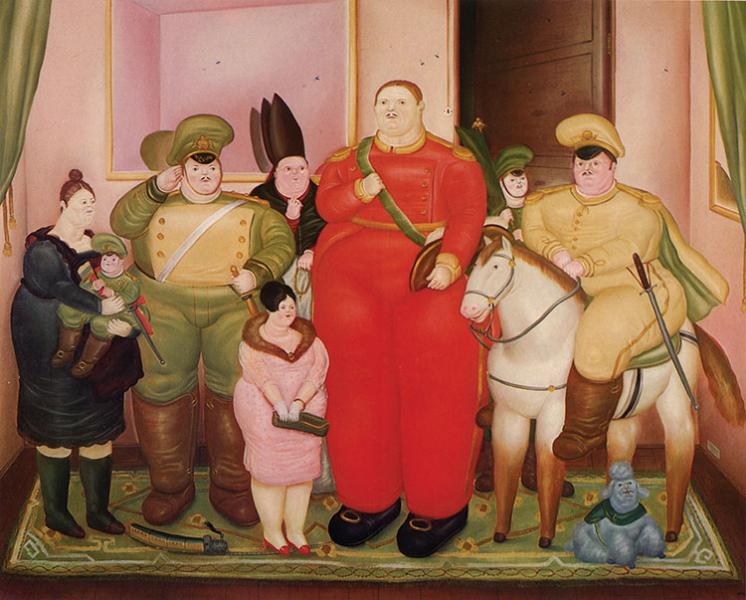 Isidro Ortiz / Draft NOtices - The late 1960s and early ‘70s witnessed widespread calls for ethnic studies in higher education. Across the country, these calls translated into the establishment of ethnic studies departments and programs, such as the Department of Chicana and Chicano Studies at San Diego State University. Like other units of its kind, this department has served as a vehicle for unprecedented instruction, path-breaking scholarship, and community engagement. Its institutionalization promoted the democratization of higher education.
Isidro Ortiz / Draft NOtices - The late 1960s and early ‘70s witnessed widespread calls for ethnic studies in higher education. Across the country, these calls translated into the establishment of ethnic studies departments and programs, such as the Department of Chicana and Chicano Studies at San Diego State University. Like other units of its kind, this department has served as a vehicle for unprecedented instruction, path-breaking scholarship, and community engagement. Its institutionalization promoted the democratization of higher education.
Almost 50 years after the movement for ethnic studies in higher education emerged, one of the most significant developments in educational circles has been the rise of a movement for ethnic studies in K-12 schools. The movement has encompassed educators, students, and members of the community at large. It has reflected the ethnic and racial diversity of today’s schools and promises to continue to bridge the boundaries that have existed among communities.


 Edward Hasbrouck /
Edward Hasbrouck /  On the 13
On the 13




